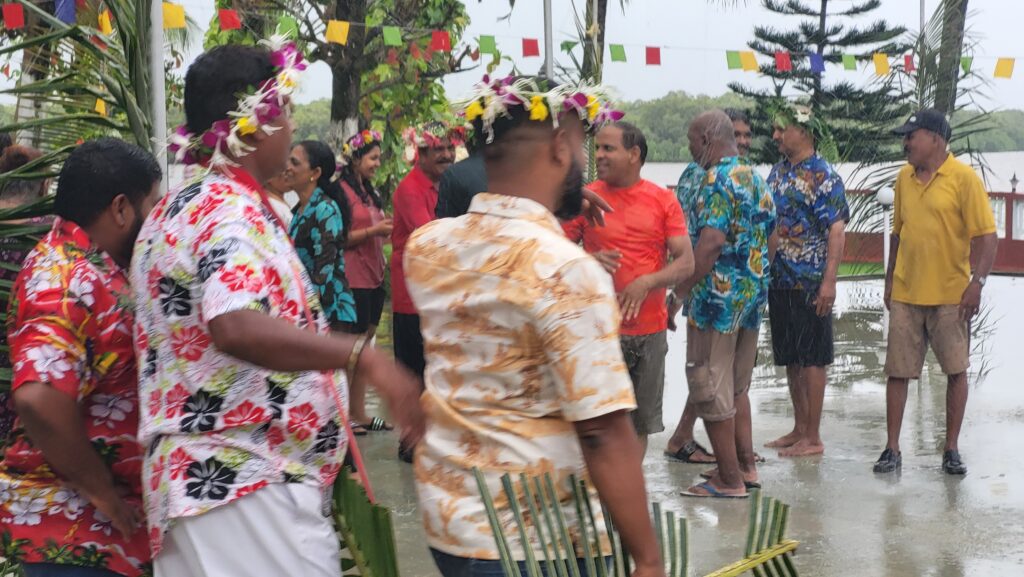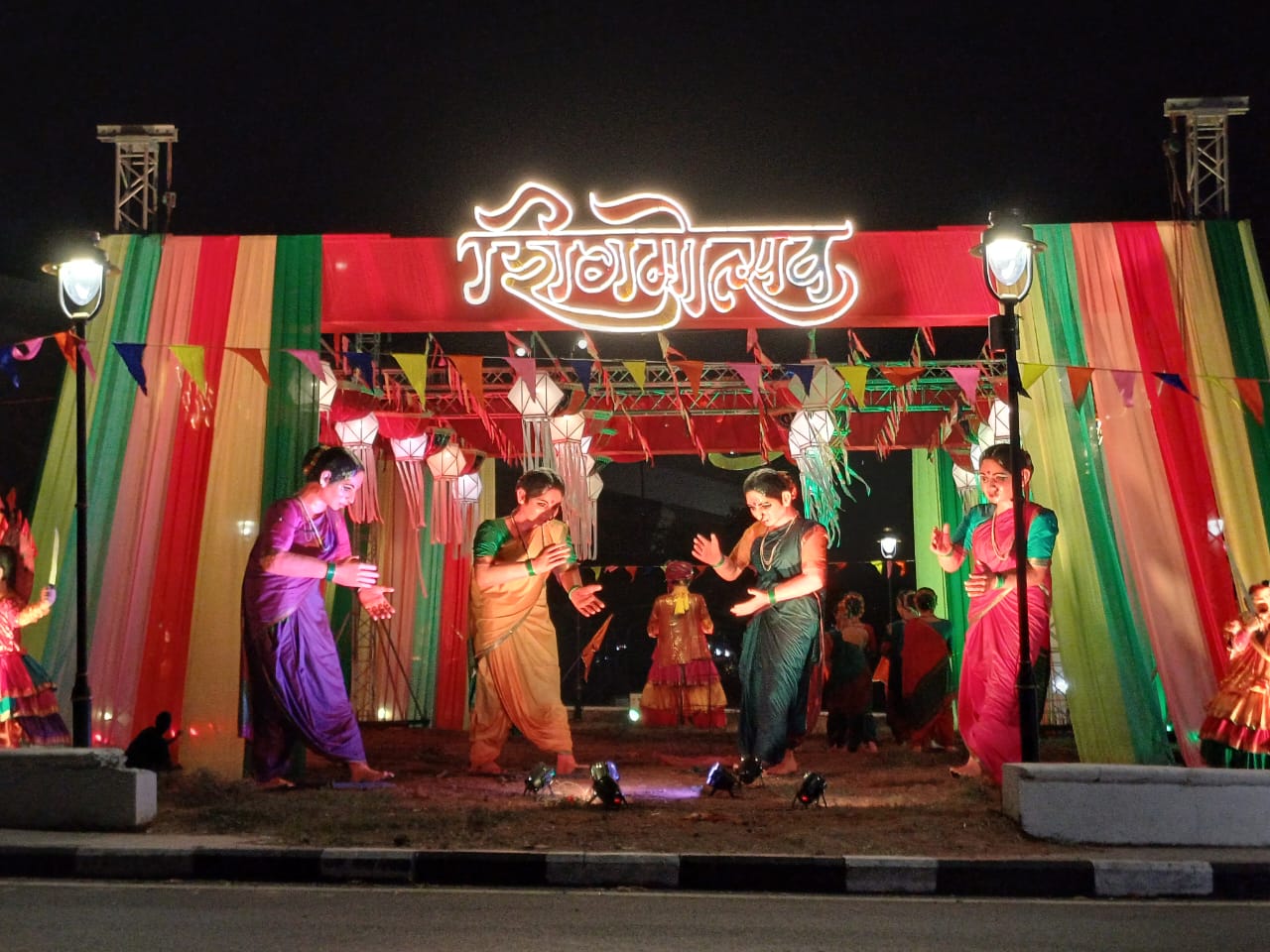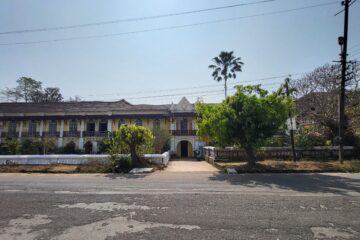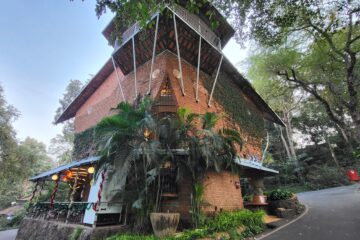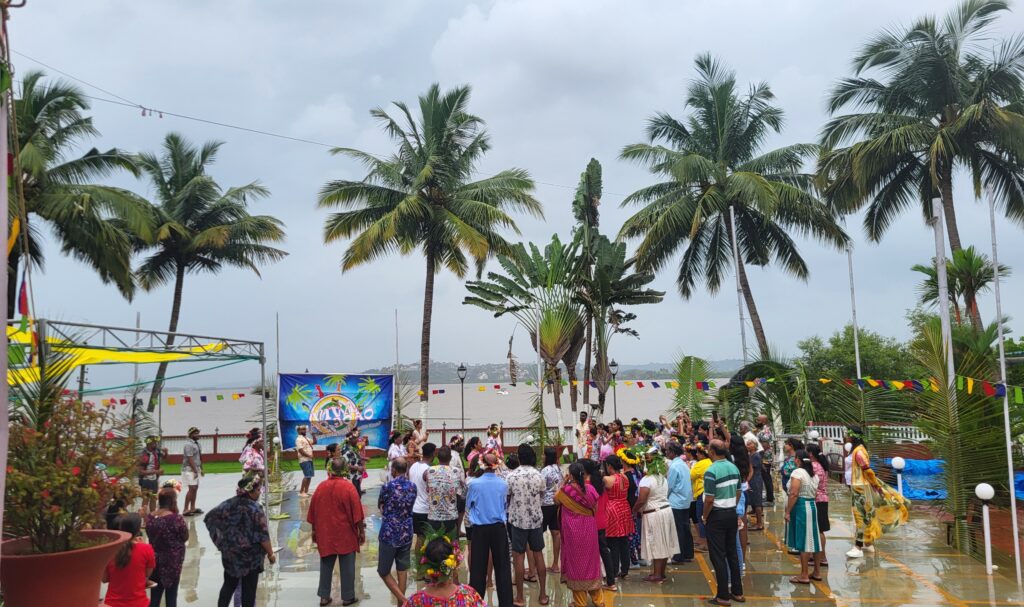
The monsoon season in Goa is more than just a natural phenomenon — it’s a time of vibrant festivals and deep-rooted traditions. Among them, the most unique and joy-filled celebration is Sao Joao, observed every year on June 24. Dedicated to Saint John the Baptist, this festival in Goa has evolved into a colourful cultural event that blends Christian faith with Konkani tradition and village life.
History: Origins of Sao Joao in Goa
While the exact date of the festival’s origin in Goa is unclear, historical accounts suggest that Sao Joao has been celebrated for over 400 years, dating back to the Portuguese era.
The Portuguese arrived in Goa in 1510 and brought with them many Catholic customs, including the Feast of Saint John the Baptist, celebrated globally on June 24. In Goa, this feast took on a distinct local identity, merging with monsoon rhythms and rural customs to become the vibrant festival we now know as Sao Joao.
A Festival That Embraces Nature
Sao Joao is celebrated at the onset of the monsoon, symbolizing renewal, joy, and the abundance of nature. Verdant fields, flowing rivers, and blossoming wildflowers set the backdrop for the celebrations.
On this day, people splash into wells and ponds, singing and dancing in the rain. This joyful act reflects a religious belief — that Saint John the Baptist leapt with joy in his mother’s womb upon learning of Jesus’ birth. In Goa, this is symbolically recreated through jumping into water bodies.
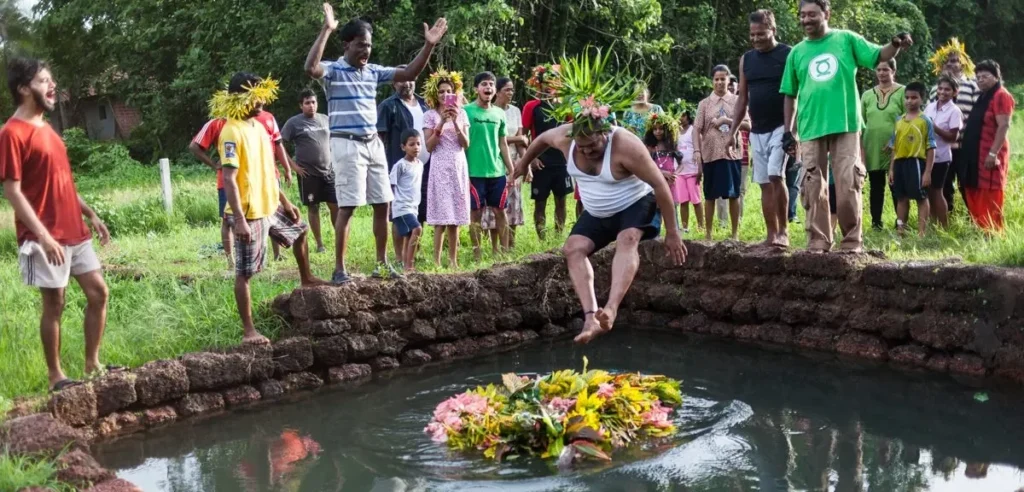
Kopels, Floats, and Vibrant Traditions
Some of the most iconic customs of Sao Joao include:
Kopel: Young men wear beautiful floral crowns made of wildflowers, fruits, and vines — honouring nature and representing festivity.
Sangodd: In many villages, people decorate boats or banana tree trunks tied together and float them in rivers or streams. These water parades feature traditional music, instruments, and joyous community participation.
Zonnem Tradition: Newly married sons-in-law receive gift baskets called zonnem, containing seasonal fruits, sweets, and feni, strengthening family bonds and welcoming them warmly.
Cultural Festivity and Local Delicacies
Sao Joao is a true showcase of Goan folk culture — from traditional Konkani songs, music, and folk dances like fugdi and dekhni, to drums and ghumots echoing through the villages.
The culinary side of the festival is equally rich:
Patolyo (sweet rice cakes steamed in turmeric leaves)
Sannas (fluffy rice cakes)
Chonne (spiced white peas)
Seasonal fruits
And of course, the locally brewed cashew or coconut feni flows freely.

Siolim’s Famous Sao Joao
The village of Siolim is famous for hosting the grandest Sao Joao celebration in Goa. Here, beautifully decorated floating parades, cultural performances, and large community gatherings make it a must-visit event. Tourists and locals alike flock to witness this vibrant tradition.
From Faith to Folklore
Sao Joao represents more than just a religious feast — it is a celebration of spirituality, tradition, nature, and togetherness. However, in recent years, concerns have been raised over the commercialization and party culture that sometimes overshadows the traditional essence.
Efforts are now being made in many villages to preserve the authenticity of Sao Joao, focusing on eco-friendly celebrations, traditional music, and community involvement.
Unique celebration
Sao Joao is not just a festival — it’s an emotion, a reflection of Goa’s rich cultural identity. It’s a celebration of rain, joy, nature, music, and meaningful relationships. One of those rare festivals where tradition and merriment flow hand in hand — quite literally!
